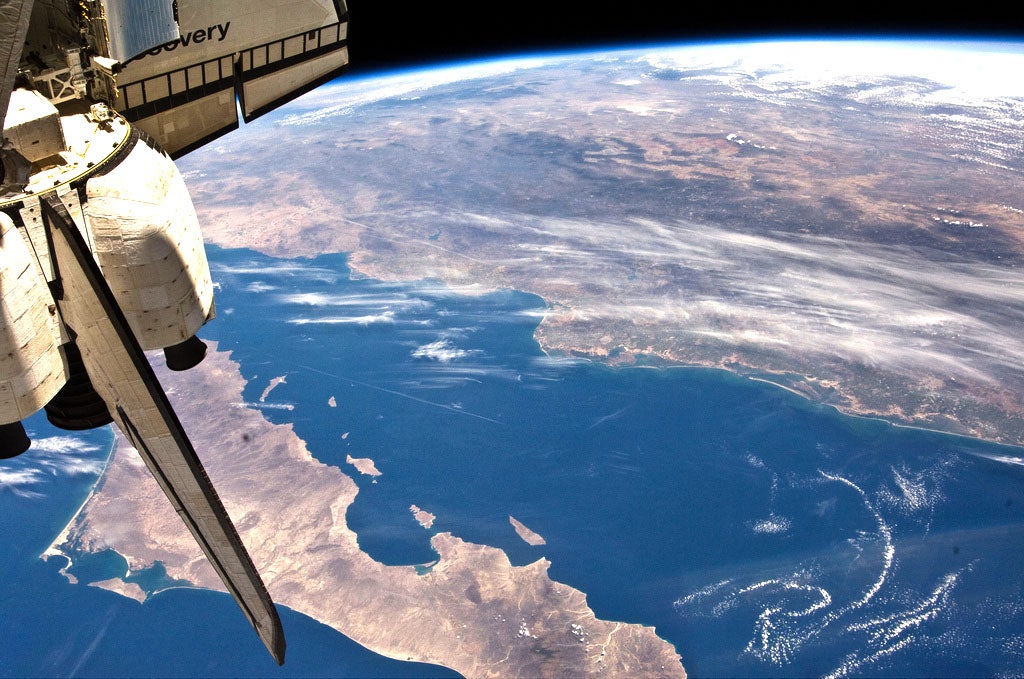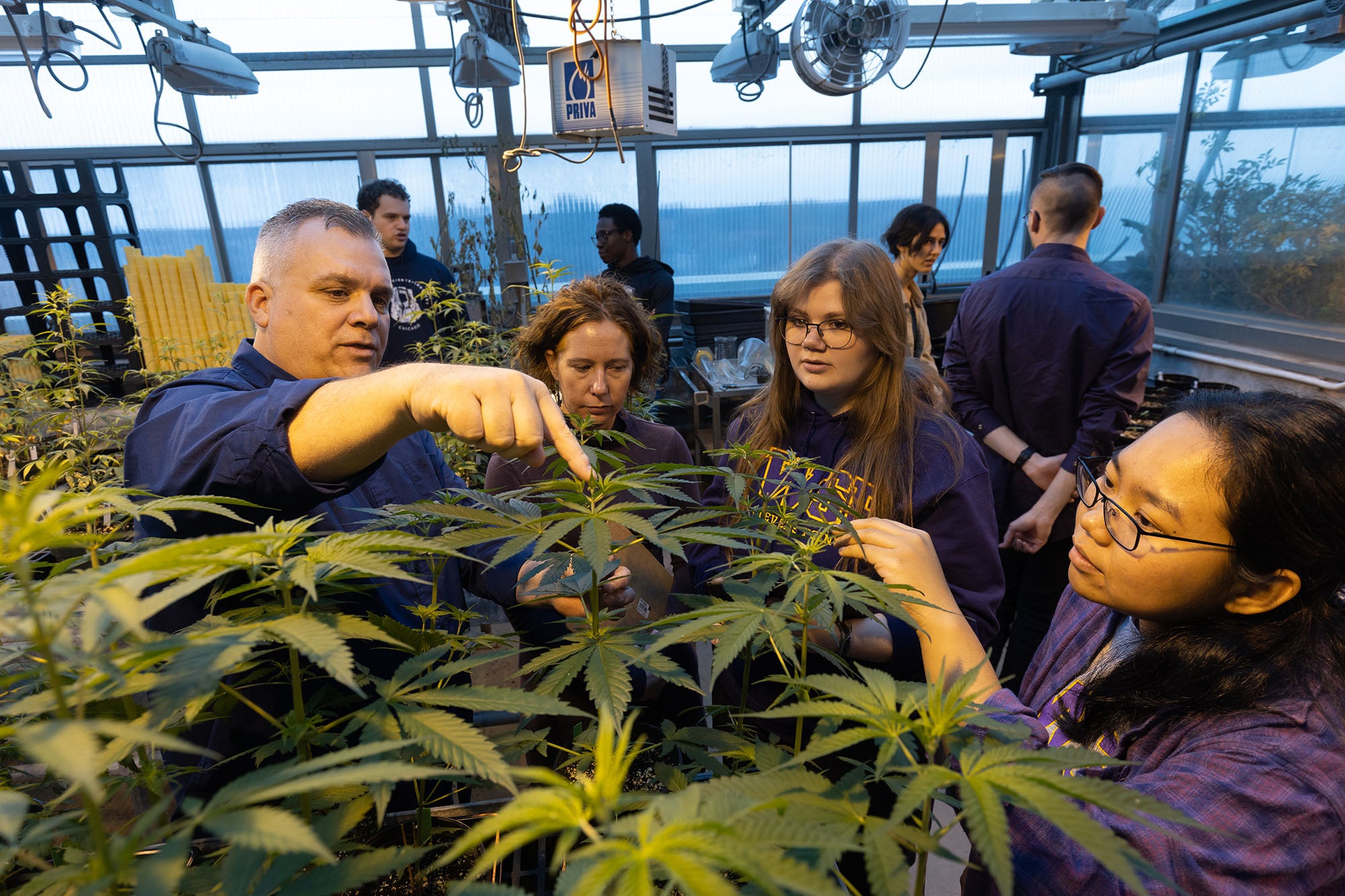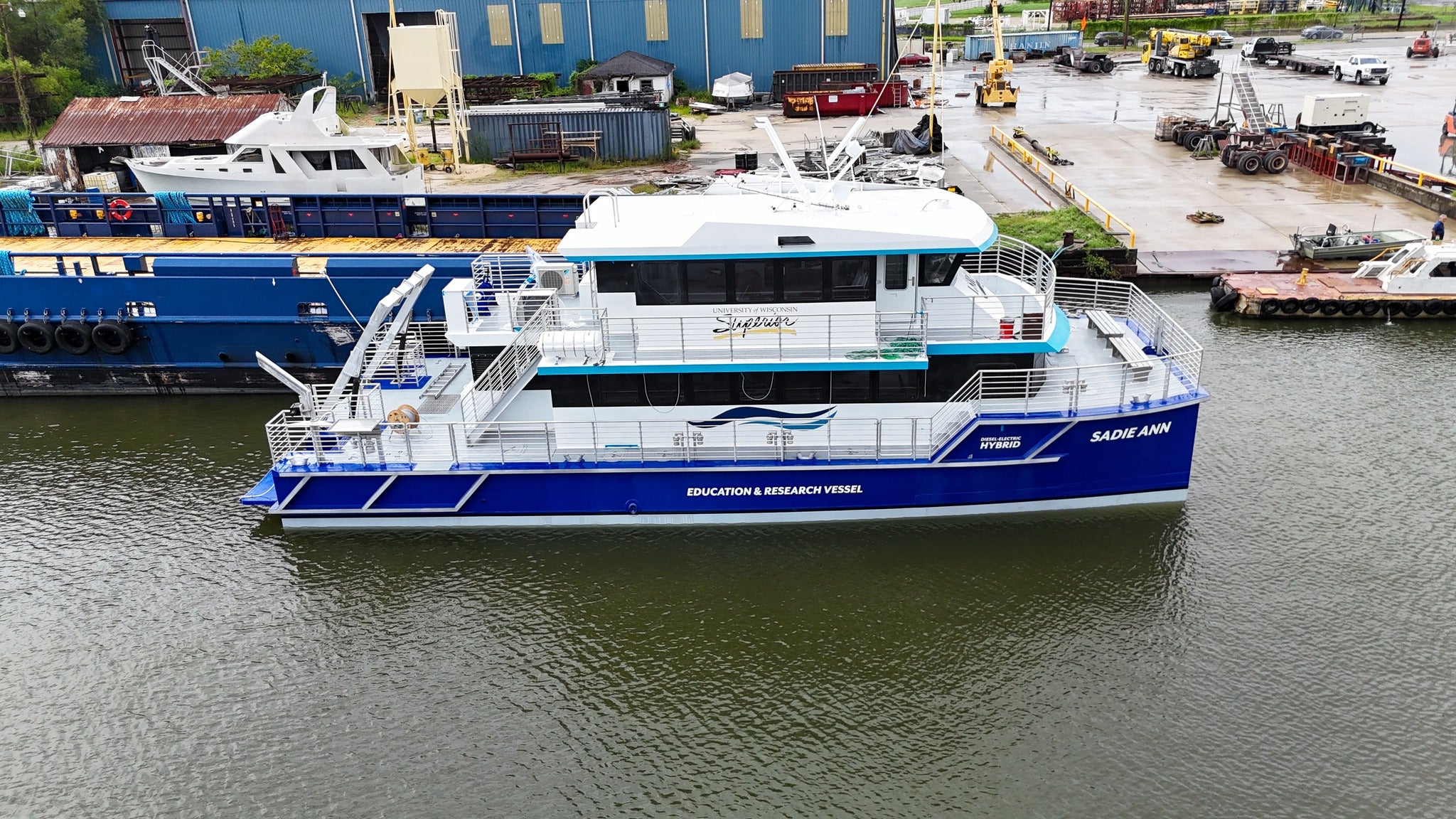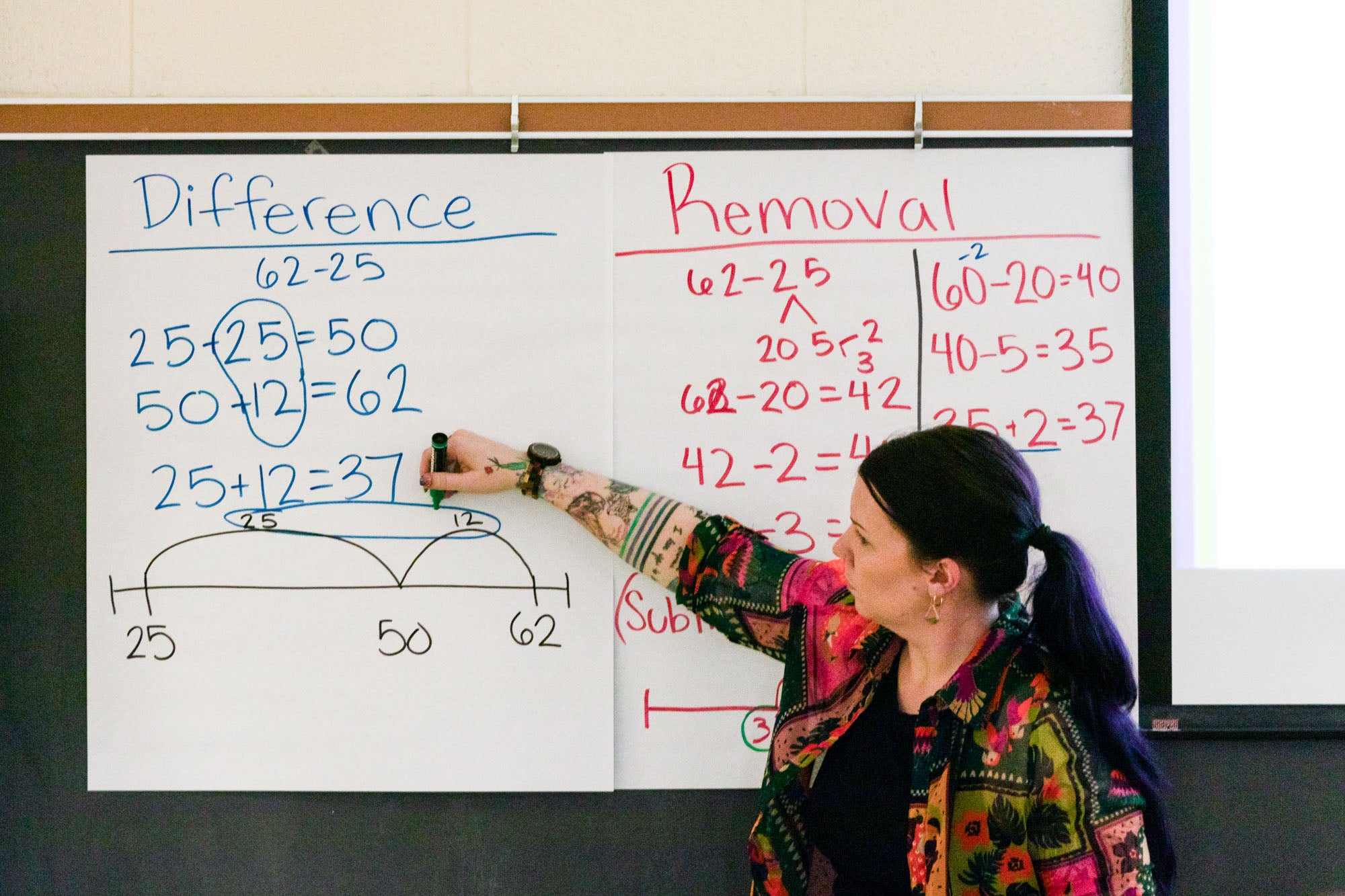When Russia launched Sputnik 59 years ago, it also help launch the space race and a put bigger emphasis on math and science in our schools. We talk about how we are in doing in these areas and how the candidates weigh in on these educational issues. We also talk to UW’s Science Writer in Residence and answer your questions!
Featured in this Show
-
Professor: Recommitment To Science Education Needed
Fifty-nine years ago, the launch of the Sputnik satellite by the Soviet Union had a huge affect on the education system. Through the National Defense Education Act and other initiatives, programs were initiated to improve education in the United States, especially in the subjects of science and math.
When Sputnik was launched, “It was perceived by the American public that the USSR was going to be ahead of us technologically, and it spurred a lot of actions on our part, but we still have a long way to go,” said Bassam Shakhashiri, professor of chemistry at the University of Wisconsin-Madison.
The U.S. faces real challenges ahead, including climate change, limited resources and water quality, Shakhashiri said.
“Climate change is not a hoax,” he said. “And we can do something about it.”
Shakhashiri said science and technology not only enrich us, but help to drive the economy. He added improving our science literacy can be done through education.
“Developing a sense of appreciation of science and technology is a crucial factor in societal progress,” he said.
What is needed is the renewal of the commitment the U.S. made when Sputnik went up, emphasized Shakhashiri.
“We need to be electing officials that are committed to advancing high-quality education and scientific research,” he said. “Everybody can benefit.”
Shakhashiri believes schools should be offering more laboratory and hands on activates like science fairs, which lead to better engagement by students.
In addition to formal education, there are a number of ways parents can help nurture creativity in their children, such as trips to zoos, nature centers and museums or just going outdoors, he said.
“Nurturing the curiosity, becoming active in the community to support high-quality engagement programs in science, I’d say those are very, very important,” said Shakhashiri.
Episode Credits
- Larry Meiller Host
- Jill Nadeau Producer
- Bassam Shakhashiri Guest
- Nadia Drake Guest
Wisconsin Public Radio, © Copyright 2025, Board of Regents of the University of Wisconsin System and Wisconsin Educational Communications Board.




